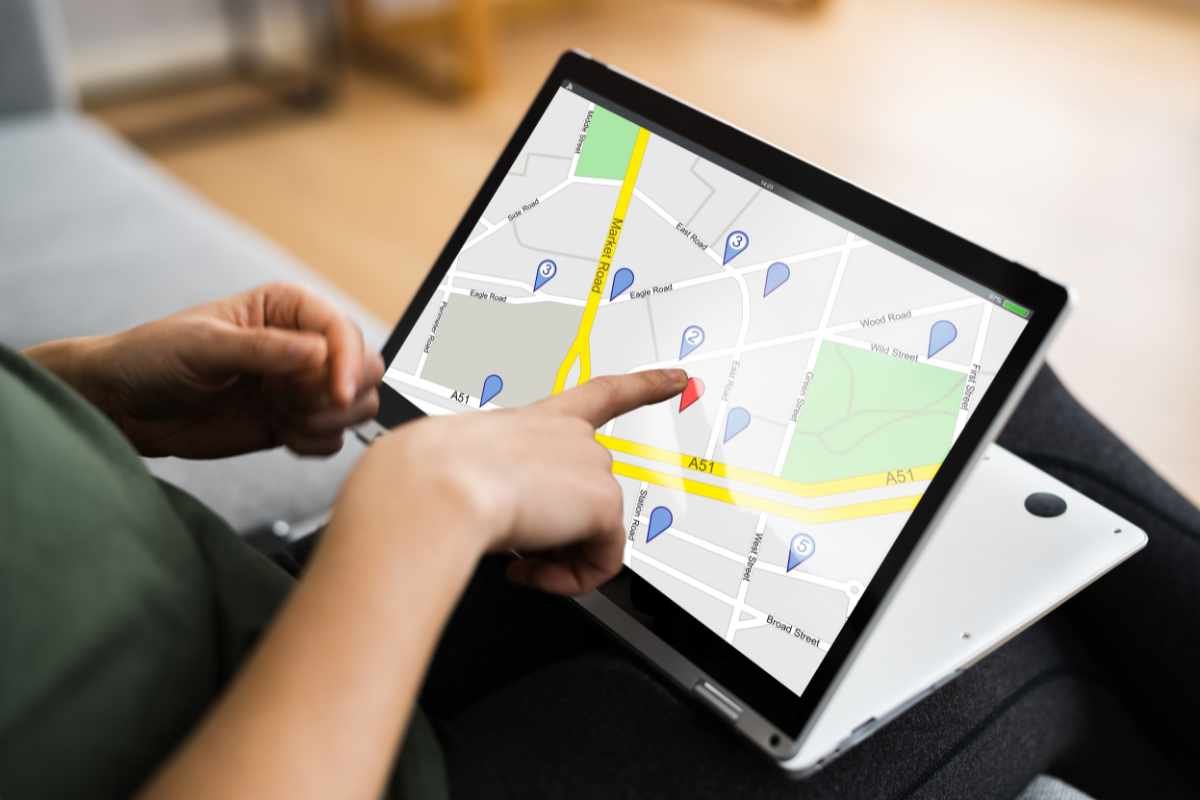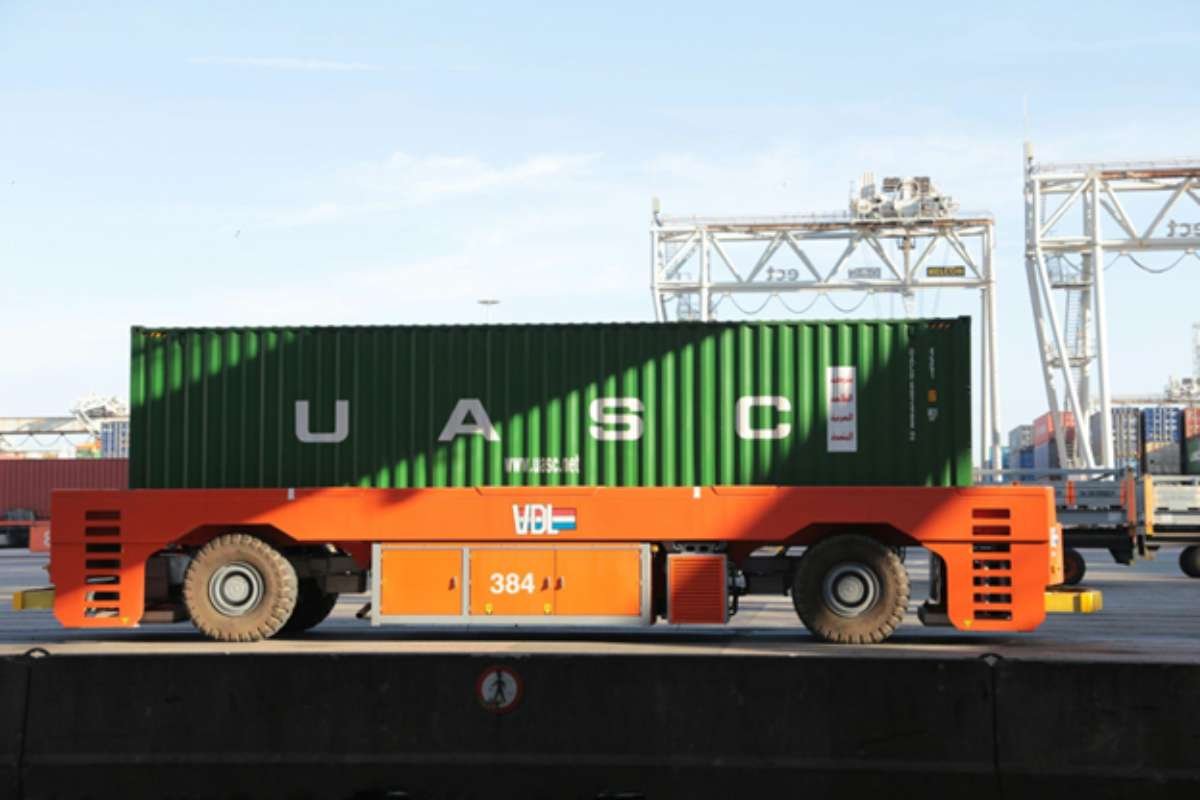Embarking on a business venture is no small feat. With startup costs for most small businesses ranging between $250k and $500k, there’s immense pressure to make every decision count. Among these myriad choices, one stands out due to its potential to either propel a venture to success or drag it down: selecting the right business location.
Surprisingly, despite its significance, this pivotal choice often gets overshadowed by other considerations. In this post, we’ll delve into four crucial tips that can guide upcoming entrepreneurs in making this all-important decision.
Use Mapping Software
In the digital era, technology has gifted us tools that can significantly simplify complex decisions. One such tool is mapping software that enables you to create maps from zip codes. These maps present a detailed view of specific areas, enabling entrepreneurs to zoom into the micro-level intricacies of potential locations.
Understanding the benefits of these maps can be a game-changer. First, they offer precision in the location search. Instead of casting a wide net and getting overwhelmed by the myriad of options, focusing on specific areas using postal codes narrows down the choices, making the process more manageable.
Moreover, heat maps enable businesses to visualize the density of potential clients or customers in various locations. For an entrepreneur, this can provide insights into where their target audience primarily resides, paving the way for strategic business placements.
Service-based businesses, in particular, can create a custom map from zip codes to harness territory definition. By segmenting territories based on zip codes, they can streamline operations, ensuring no two representatives clash over areas. And when it comes to understanding the unique demographic tapestry of a location, nothing beats comparison analysis. Zip code maps can help businesses understand who resides in specific areas—be it a particular age group, gender, or other demographic.
Assess Accessibility

Location is not just about the people; it’s also about how easy it is for these people—and others—to reach you. Furthermore, the surrounding infrastructure plays a pivotal role in determining accessibility. Well-paved roads, proper signage, and the general safety of the neighborhood can enhance the attractiveness of your business location. A central location with excellent transport links can be a magnet for customers, employees, and suppliers alike.
Imagine a coffee bar located miles away from the nearest bus stop or a retail store without parking facilities. Also, consider the peak traffic times and whether congestion might deter potential customers. Modern consumers value convenience, and if they perceive reaching your location as a hassle, they might opt for alternatives.
Accessibility can significantly influence foot traffic and, consequently, sales. Public transport availability, parking facilities, and overall ease of reaching the location should be high on the priority list when selecting a business site.
Evaluate Competitor Presence

Competition can be both beneficial and detrimental. A region saturated with similar businesses can make it challenging for a new entrant to establish a foothold. Furthermore, customers often perceive regions with high business density as marketplaces, potentially boosting the overall volume of consumers in that area.
On the flip side, certain business types benefit from clustering, drawing more customers to a location known for a particular offering (think tech stores or bookshops). It’s also essential to evaluate the quality and reputation of competitors. Are they well-established with a loyal clientele? Or are there gaps in their services that you can capitalize on? So understanding the local competition is vital.
It’s a balance between choosing proximity to competitors, which might enhance footfall, versus venturing into less competitive areas where you can be the primary player. Engage in competitor analysis, study their strengths, and identify areas where you can offer a unique value proposition.
Consider Future Growth and Scalability

While the present is paramount, the future is equally significant. The chosen business location should not only cater to immediate needs but also accommodate future growth and expansion. Consider potential developments in the area. Will there be construction projects that might disrupt business? Or are there upcoming amenities that will enhance the locality’s appeal?
Cramped spaces might seem economical now, but they can hinder growth in the long run. Scalability is crucial. Apart from physical expansion, think about the evolving needs of your business, such as additional storage or logistics requirements.
The infrastructure of the surrounding area plays a role too; ensure that it can sustain your business’s growth. Will the location still be suitable as the business expands, or will a relocation become inevitable? Your choice should be adaptable and flexible, making it easier to adjust to future business dynamics.
Final Thoughts
The perfect business location intertwines multiple factors—from demographics to accessibility to future growth potential. As entrepreneurs embark on this decision-making journey, a forward-looking vision can prove invaluable. The right location can set the foundation for success, so choose with care, diligence, and foresight.






